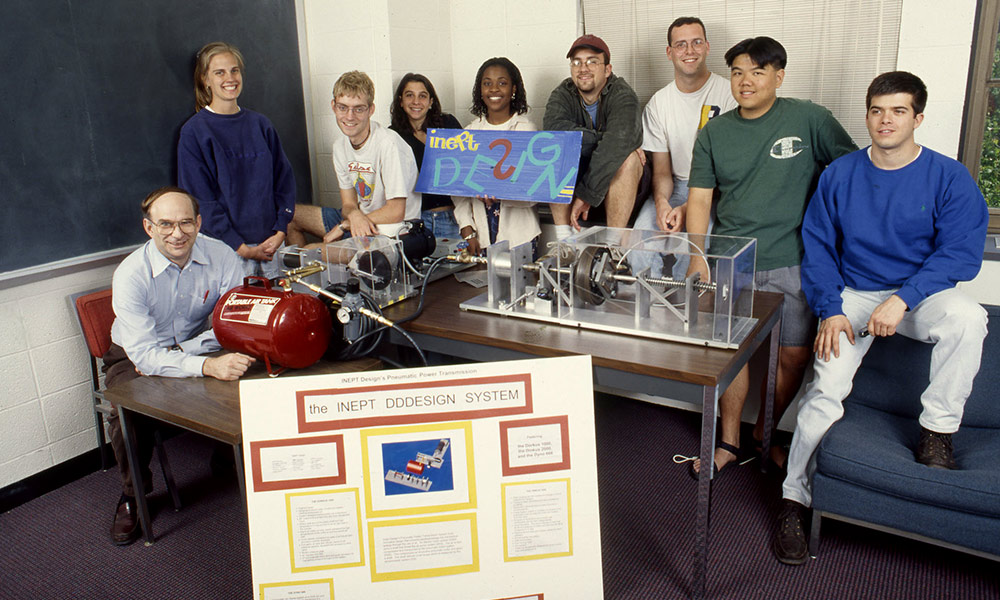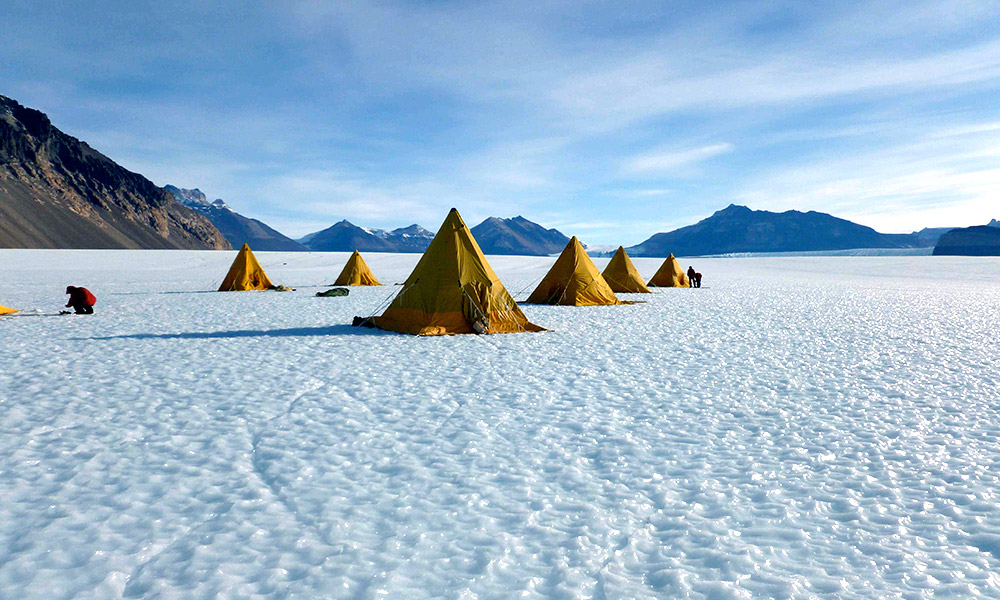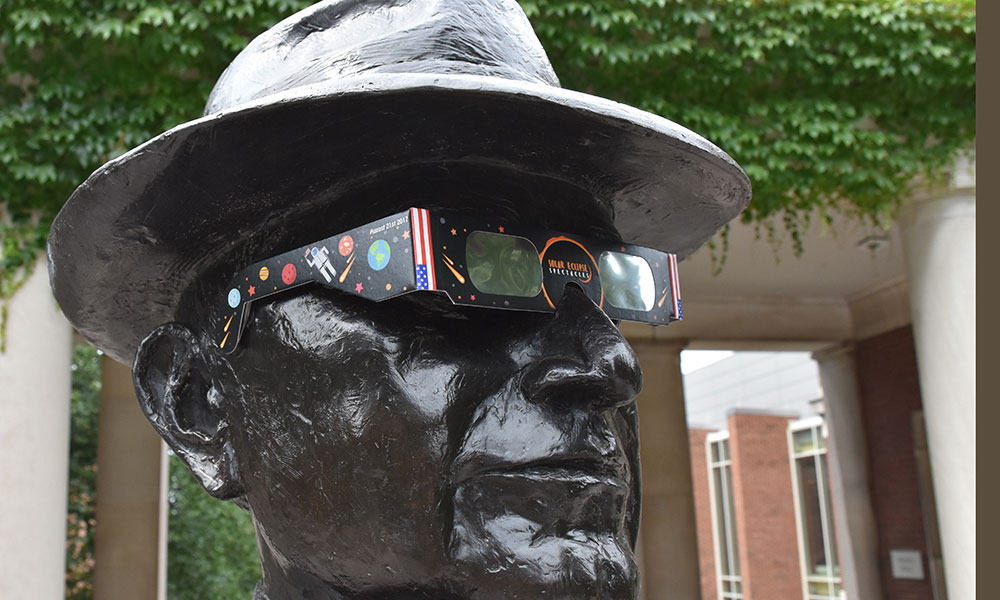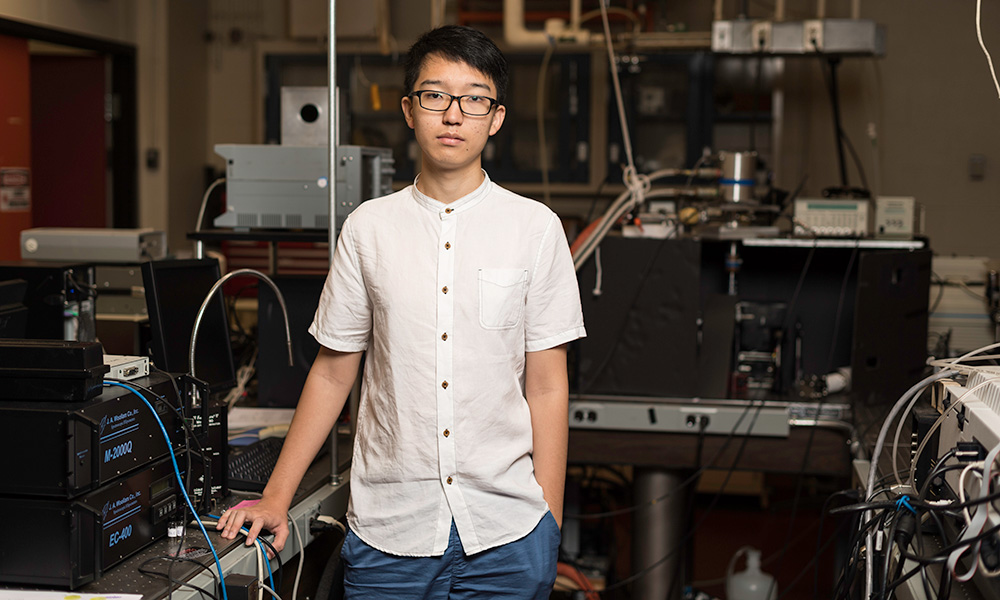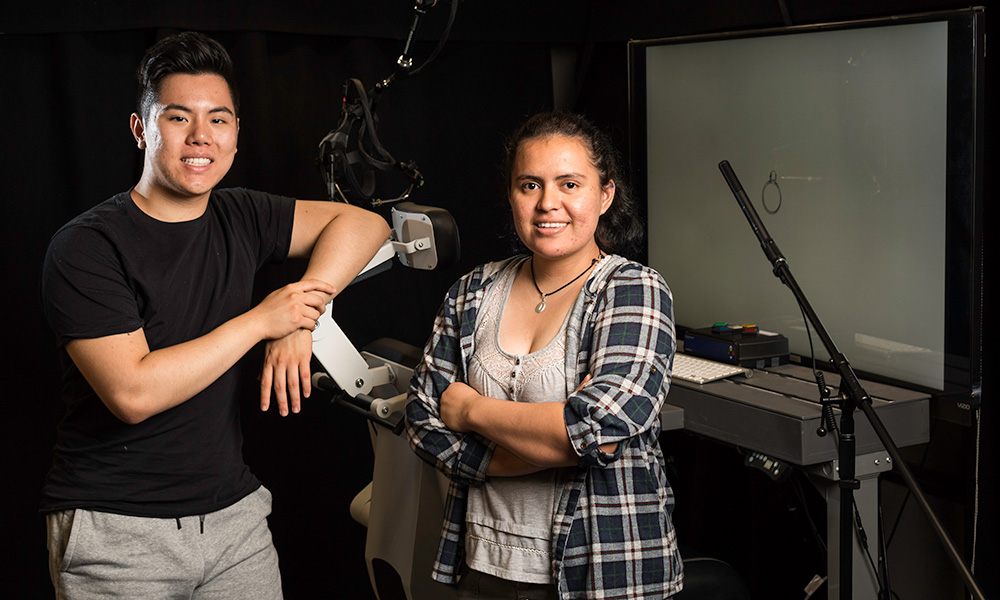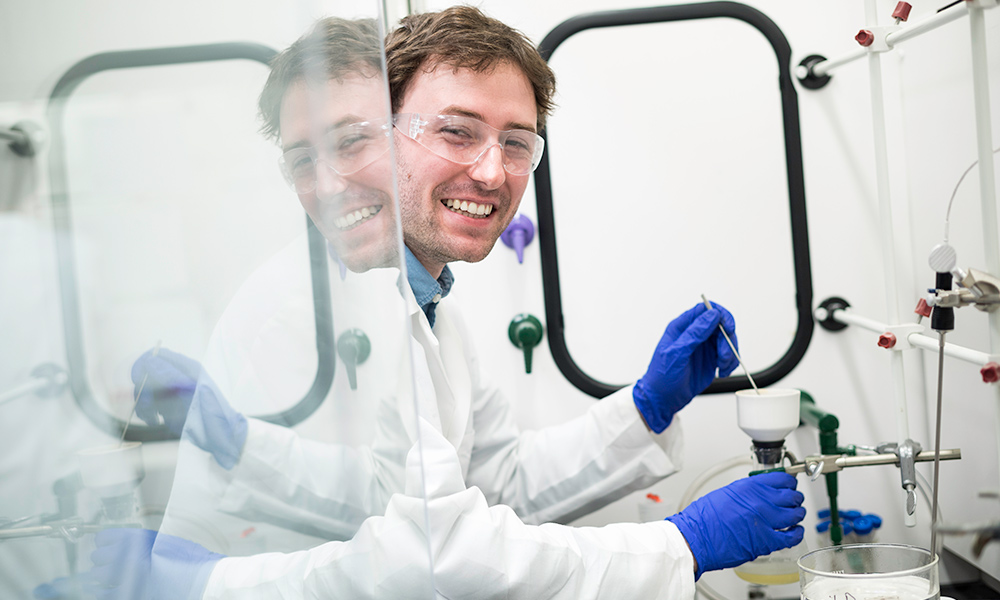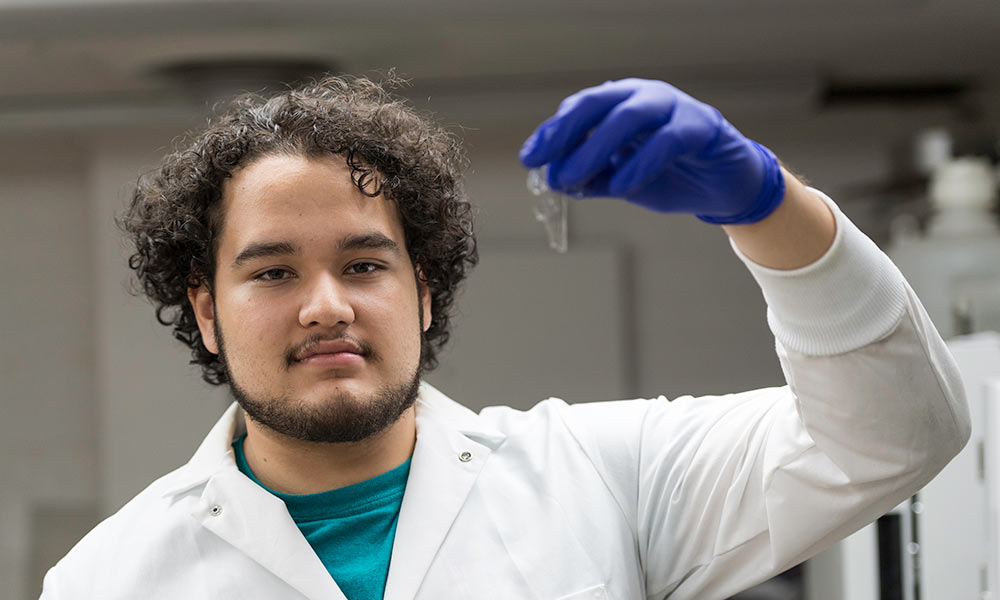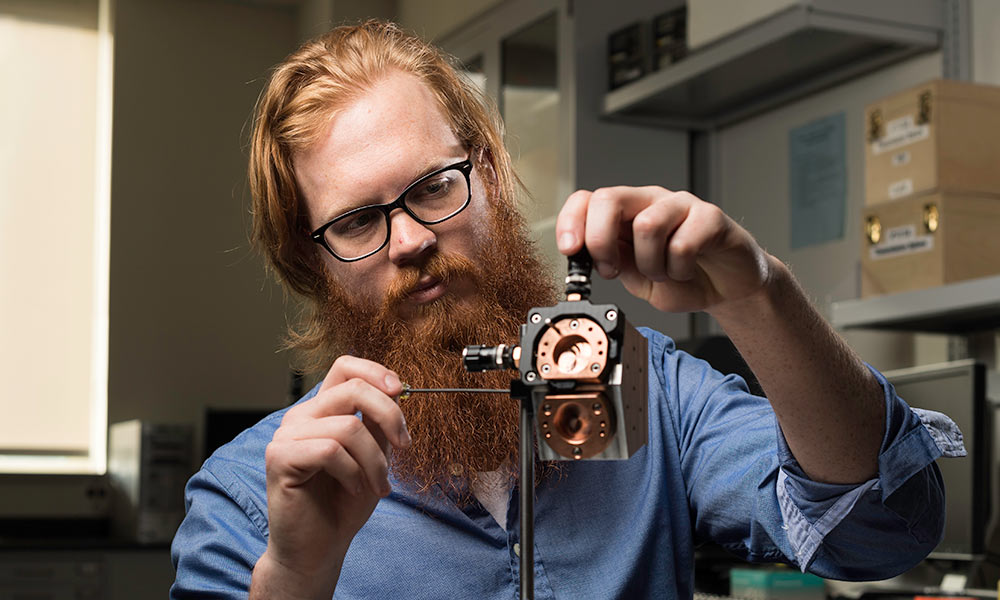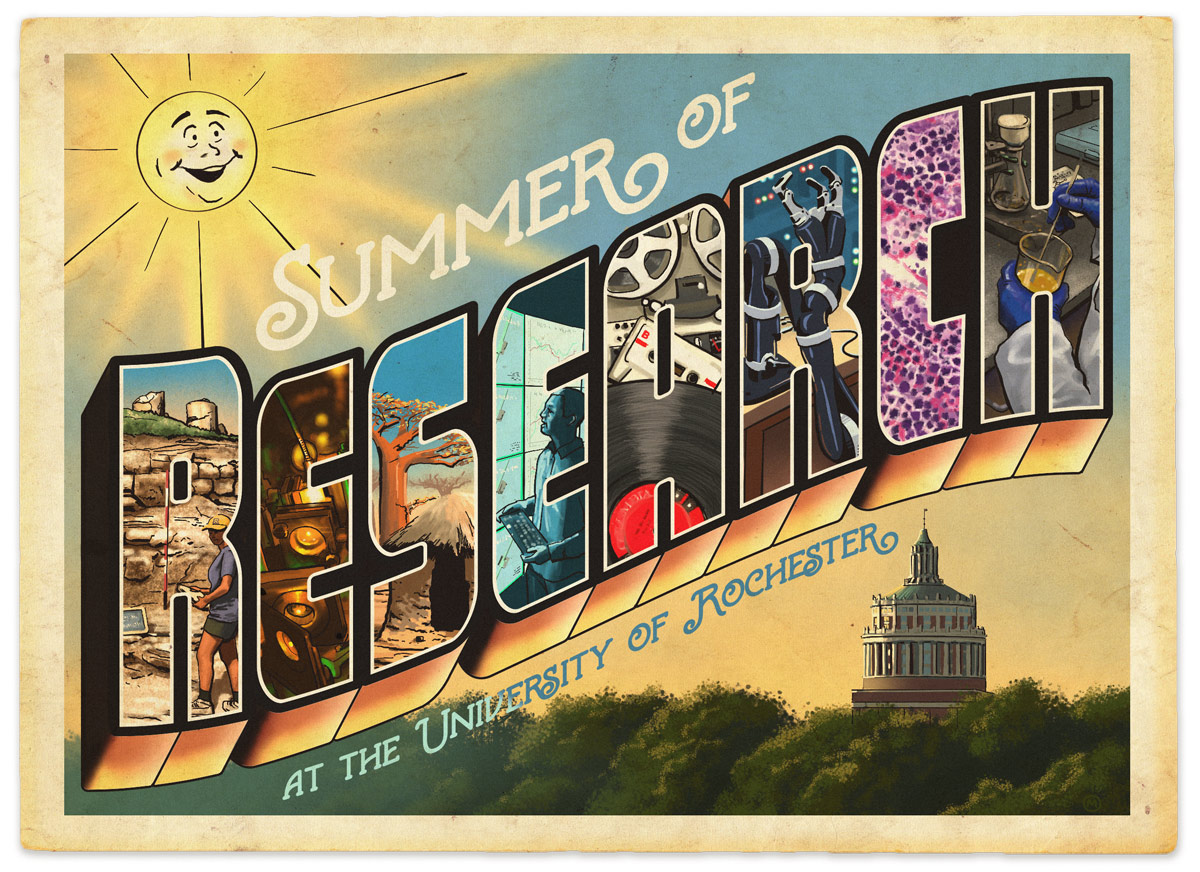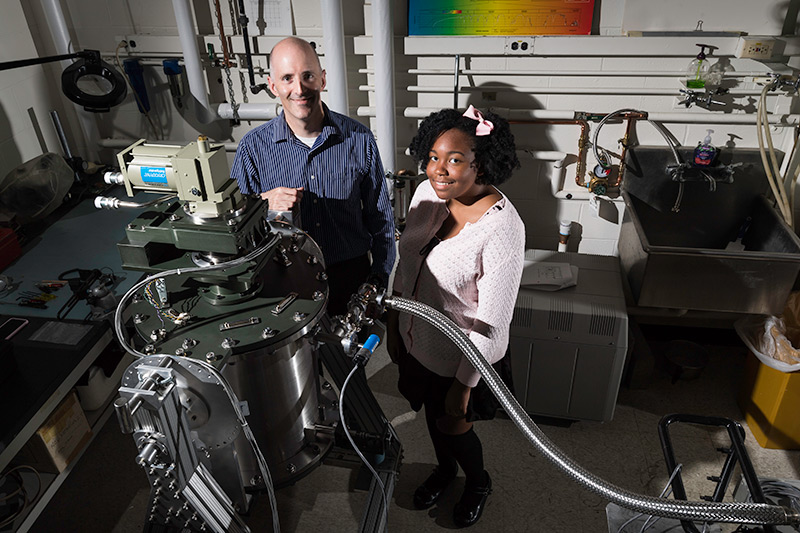
Science & Technology
Monkey sees. . . monkey knows?
September 6, 2017
Monkeys had higher confidence in their ability to remember an image when the visual contrast was high. These kinds of metacognitive illusions—false beliefs about how we learn or remember best—are shared by humans, leading brain and cognitive scientists to believe that metacognition could have an evolutionary basis.

